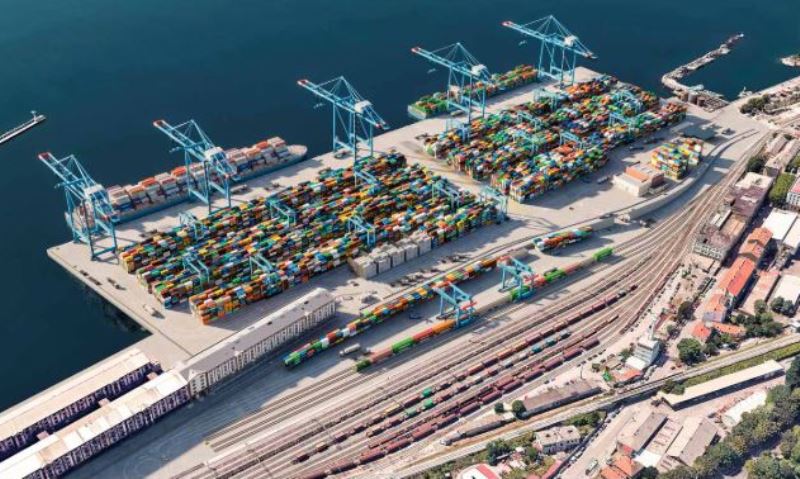The Netherlands has set its sights on Andhra Pradesh as a hub for collaboration in green energy, maritime logistics, agriculture, and high-tech industries. A high-level Dutch delegation comprising 13 companies, led by Marisa Gerards, Ambassador of the Kingdom of the Netherlands to India, met Chief Minister N. Chandrababu Naidu in Visakhapatnam on Wednesday to explore opportunities for long-term cooperation.
“Andhra Pradesh is a key Indian state, noted for its strong economic growth and high ease of doing business. The Netherlands recognises its potential, particularly in green energy, maritime logistics, and food processing,” Gerards said.
As part of the bilateral vision, India and the Netherlands aim to deepen cooperation anchored in innovation, sustainability, advanced technology, and economic growth. The two countries are also working to set up 25 centres of excellence in agriculture, one of which will be located in Andhra Pradesh, focusing on high-value crops such as pineapple and jackfruit, supported by cold storage and processing infrastructure.
On the maritime front, Gerards highlighted Dutch expertise in shipbuilding, port management, and terminal operations, noting that APM Terminals’ commitment of ₹9,000 crore in Andhra Pradesh could generate nearly 10,000 jobs. Food processing and cold chain logistics were also flagged as key areas where Dutch innovation could enhance the state’s agricultural strengths.
The Netherlands is simultaneously advancing cooperation in green hydrogen and semiconductors. A green hydrogen roadmap is being developed with India as a partner, including future import-export corridors. In semiconductors, Dutch tech leader ASML recently participated in the Semicon India roundtable chaired by Prime Minister Narendra Modi, with the Netherlands’ Brainport region looking to link with India’s growing chip ecosystem.
Education and knowledge exchange form another cornerstone of the partnership, with collaborations between Dutch universities and institutions like IITs and IIM-Visakhapatnam through joint research, student exchanges, and leadership programmes aligned with AP’s P4 (public-private-people partnership) model.
Gerards pointed to an ongoing project involving 33,000 farmers in Andhra Pradesh and neighbouring states, focused on regenerative agriculture that improves yields, reduces pesticide use, and empowers women farmers while connecting them with European buyers. She also highlighted Dutch expertise in dairy, pharmaceuticals, medtech, and shrimp farming, noting the Port of Rotterdam’s role as a key global export hub.
Citing examples of successful collaboration, Gerards referred to United Breweries — majority-owned by Dutch brewer Heineken — and companies like Hunter Douglas and the Paques Group, which are contributing to AP’s growth in construction materials and industrial filtration. Wageningen University and Research, often described as the ‘Harvard of agriculture,’ is also working with Indian partners to transform farming practices, enhance rural livelihoods, and boost exports.
Beyond economics, Gerards underlined the centuries-old cultural ties between India and the Netherlands, which open avenues for collaboration in conservation, heritage, and modern design. “The partnership goes beyond commerce — it’s about building a shared future grounded in innovation, sustainability, technological advancements, and mutual respect,” she said.

